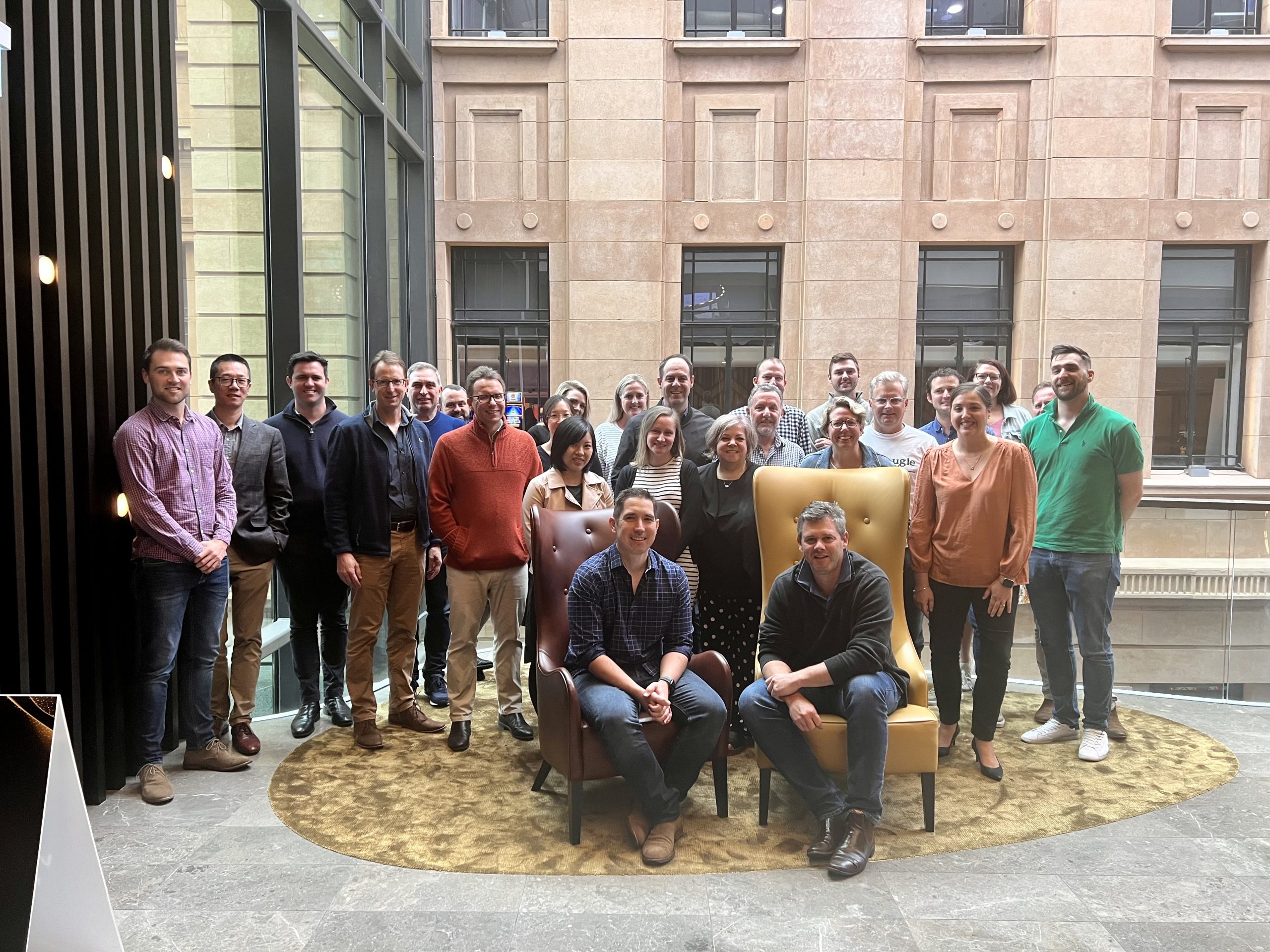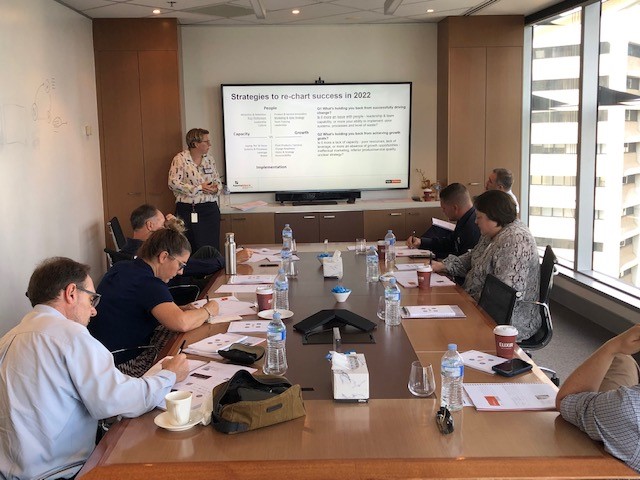With the last few Brentnalls Conferences having to be held virtually, the Harris Black management team were very excited to be able to meet up with their Brentnalls affiliates in person for their most recent April 2022 conference.
As many of you know, the affiliation is a network of like-minded Chartered Accounting firms from Brisbane, Sydney, Melbourne, Adelaide, Hamilton Vic, Perth and even Auckland NZ. Like Harris Black, each of the affiliate firms share a passion for providing great client tax and advisory services and are committed to helping their clients achieve their financial goals. We meet bi-annually to share, amongst other things, ideas surrounding ways to improve client services, our challenges, successes and learning experiences.
The April 2022 conference was held at Sky City, Adelaide, overlooking the River Torrens and kicked off on day one with an Exec meeting and Tax Team catchup followed by a cocktail party on the Sol Rooftop Bar. Conference highlights for the first formal day included a presentation by renowned psychologist, Dr Michael Carr-Gregg, on the 8 secrets of wellbeing and the importance of mental health. Each of the affiliates also presented their own firm updates with a deep dive into people and culture. The final day included a Tax Team presentation by Harris Black’s Bjorn Kirberg relating to s100A and an open floor discussion during which members of the affiliation shared updates on Trust Reimbursement Agreements based on information on hand. A wonderful opportunity for the affiliation to get ahead of the issue and address the uncertainties surrounding this topic as a team.
As with all Brentnalls Conferences, there was an abundance of great food at beautiful restaurants providing a perfect opportunity to catch up over a few drinks with our colleagues and friends from the affiliation in person.









